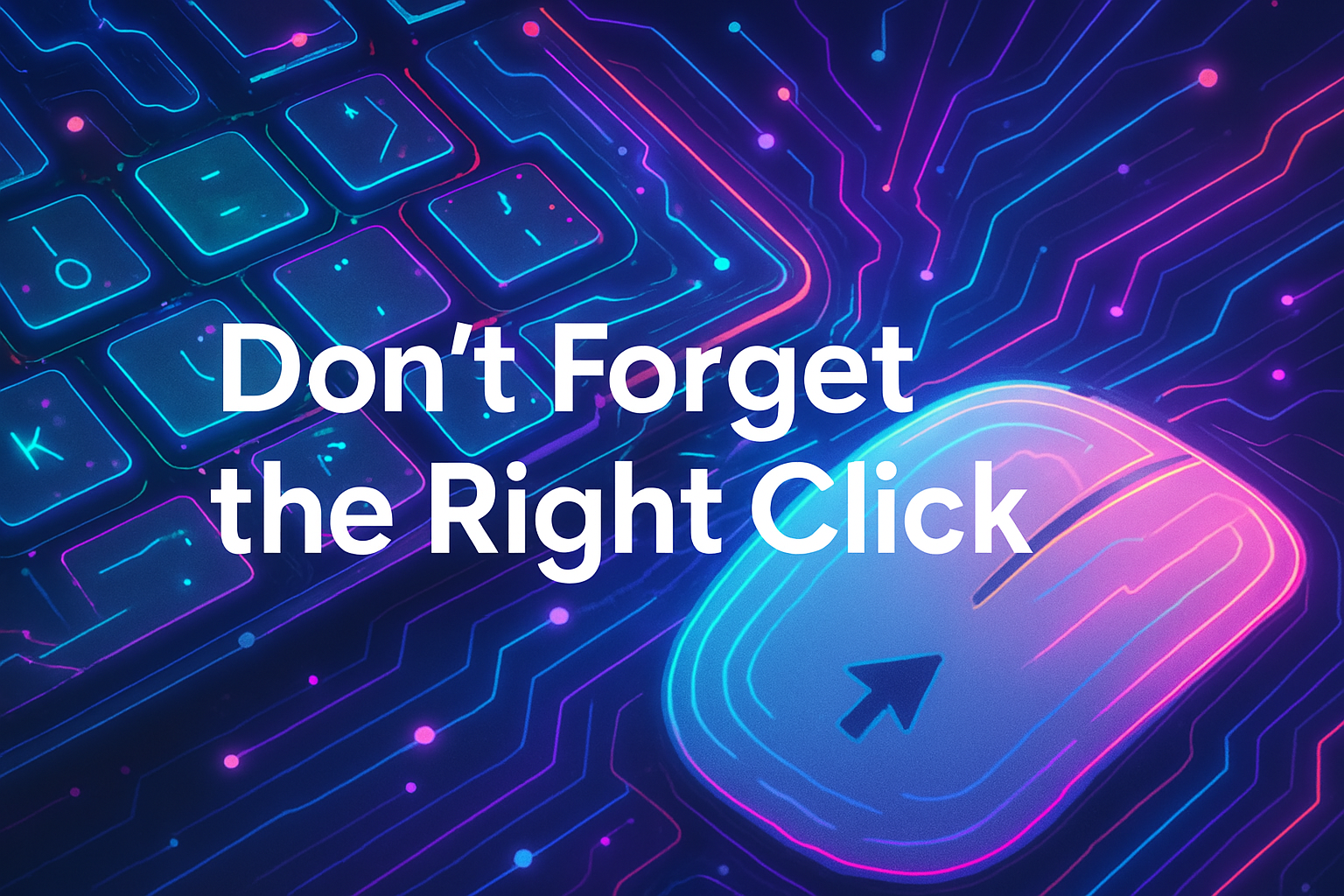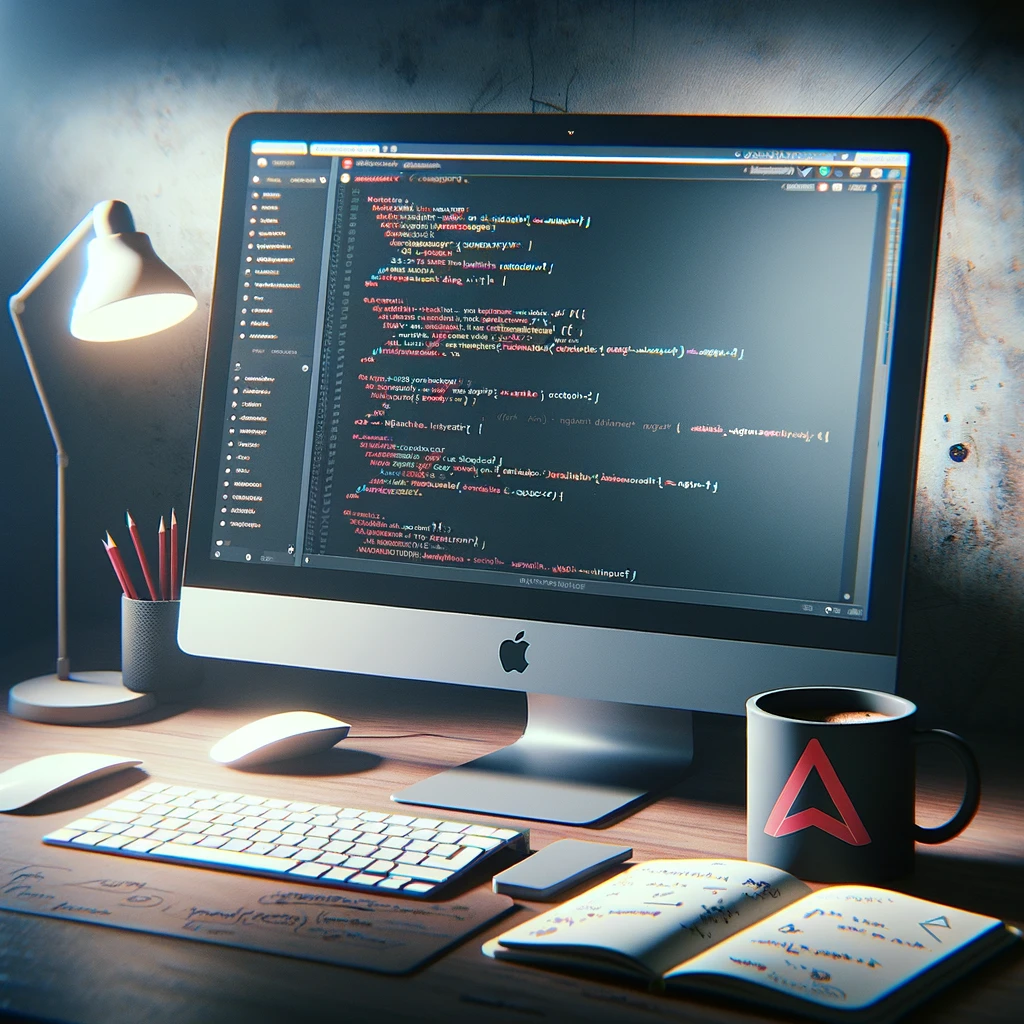Starting to learn Python coding is an exciting journey that opens doors to numerous possibilities in the world of programming. Here’s a guide on how to begin:
Understand Why You Want to Learn Python
Before diving into Python, it’s important to know why you’re interested in it. Python is versatile and can be used for web development, data analysis, artificial intelligence, scientific computing, and more. Your interest area will guide your learning path.
Set Up Your Environment
1. Install Python: Download Python from [python.org](https://www.python.org/) and follow the installation instructions for your operating system.
2. Choose an IDE or Code Editor: Integrated Development Environments (IDEs) like PyCharm or lightweight editors like VSCode or Sublime Text can enhance your coding experience with features like syntax highlighting and code completion.
Learn the Basics
1. **Syntax and Basics**: Start with understanding Python’s syntax. Learn about variables, data types, operators, and basic input-output.
2. **Control Structures**: Grasp how to control the flow of your programs with if-else statements, loops, and functions.
3. **Data Structures**: Familiarize yourself with lists, tuples, sets, and dictionaries, which are fundamental for data manipulation.
Practice Coding
1. **Hands-On Practice**: Apply what you learn by solving small problems.
2. **Projects**: Start with simple projects like a calculator, to-do list application, or a basic web scraper. Gradually increase complexity as you gain confidence.
Explore Advanced Topics
1. **Object-Oriented Programming (OOP)**: Learn about classes and objects, which are crucial for writing well-structured, scalable code.
2. **Libraries and Frameworks**: Python has a rich ecosystem of libraries. Explore libraries like NumPy for scientific computing, Pandas for data analysis, Flask or Django for web development, etc.
Join the Community
1. **Forums and Groups**: Join Python forums, subreddits, and social media groups. Engaging with the community can provide valuable support and resources.
2. **Contribute to Open Source**: Once comfortable, contribute to open-source Python projects on platforms like GitHub.
Stay Consistent and Updated
1. **Regular Practice**: Consistency is key in programming. Regular practice will steadily improve your skills.
2. **Stay Updated**: Python is an evolving language. Stay updated with the latest developments and features by following Python blogs, podcasts, or newsletters.
Starting to learn Python is a step into a field rich with opportunities. Remember, every expert was once a beginner, so be patient and persistent. Happy coding!




